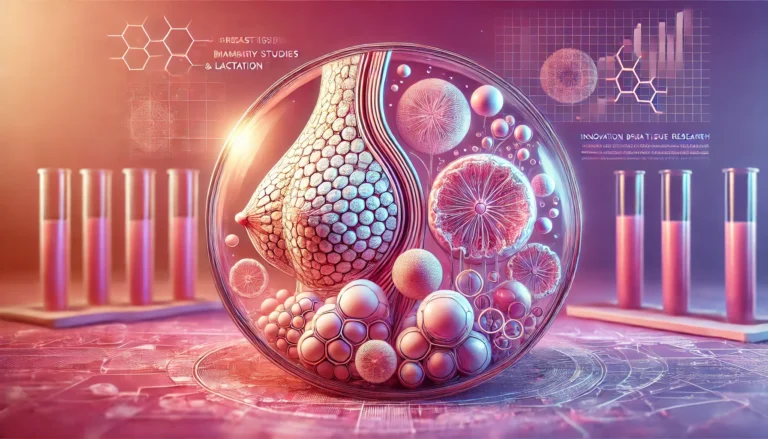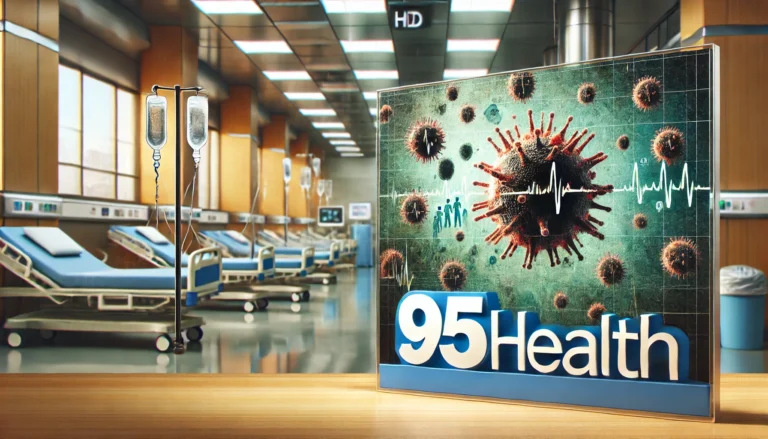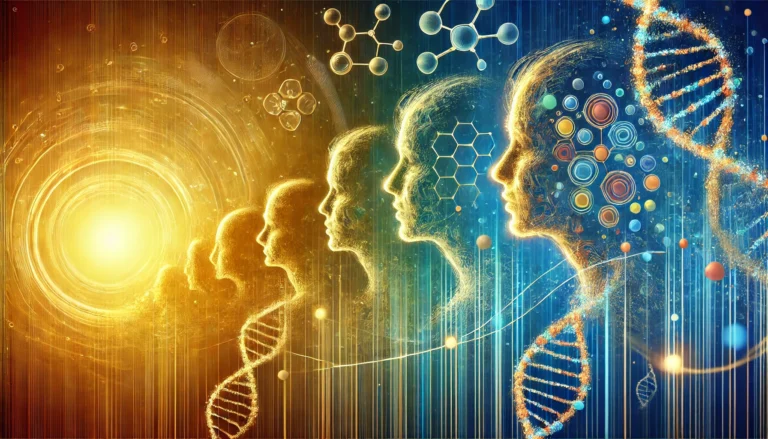Artificial Intelligence Outperforms Doctors in Cancer Detection: A Breakthrough Study
In a groundbreaking study conducted by UCLA, artificial intelligence (AI) has demonstrated an impressive ability to detect cancer with 17% more accuracy than human doctors. This development marks a significant milestone in medical technology, showcasing AI’s potential to revolutionize cancer diagnosis and treatment.
The UCLA Study
The UCLA study involved the use of advanced AI algorithms to analyze medical images for signs of cancer. The AI system was trained using a vast dataset of images, allowing it to learn and identify subtle patterns that might be missed by human eyes. According to Fox News, the AI system’s performance was compared to that of experienced radiologists, revealing its superior accuracy in detecting cancerous lesions.
Enhanced Accuracy and Efficiency
One of the key findings of the UCLA study is the significant improvement in diagnostic accuracy. The AI system correctly identified cancerous tissues 17% more often than doctors, reducing the likelihood of false negatives. This higher accuracy rate is crucial in early cancer detection, where timely diagnosis can significantly improve patient outcomes.
Moreover, the AI system demonstrated remarkable efficiency. It could analyze medical images much faster than human doctors, potentially reducing the time patients wait for their results. This efficiency not only accelerates the diagnostic process but also allows doctors to focus on patient care and other critical tasks.
How AI Works in Cancer Detection
The AI system used in the UCLA study employs machine learning, a subset of AI that enables computers to learn from data. By training on thousands of medical images, the AI can recognize patterns associated with cancerous and non-cancerous tissues. This ability to learn and improve over time makes AI a powerful tool in the fight against cancer.
The system uses deep learning algorithms, which are designed to mimic the way the human brain processes information. These algorithms can analyze complex data, such as medical images, and make accurate predictions based on learned patterns. For more information on how AI and machine learning work in healthcare, visit the National Institutes of Health (NIH).
Implications for the Future of Healthcare
The success of AI in cancer detection has far-reaching implications for the future of healthcare. As AI technology continues to evolve, it is likely to become an integral part of medical diagnostics, offering several benefits:
- Early Detection: Improved accuracy means that cancers can be detected at earlier stages, when they are most treatable. This can lead to better survival rates and improved quality of life for patients.
- Resource Optimization: By automating the analysis of medical images, AI can free up valuable time for doctors, allowing them to focus on patient care and complex cases.
- Accessibility: AI systems can be deployed in remote or underserved areas, providing high-quality diagnostic services where they are most needed.
Challenges and Ethical Considerations
While the potential benefits of AI in healthcare are immense, there are also challenges and ethical considerations to address. Ensuring the accuracy and reliability of AI systems is paramount, as is maintaining patient privacy and data security. Additionally, there is a need for regulations and guidelines to govern the use of AI in medical practice.
The Food and Drug Administration (FDA) is actively involved in developing frameworks to ensure the safe and effective use of AI in healthcare. These regulations are essential to build trust and ensure that AI technologies are used responsibly.
The UCLA study highlights the transformative potential of artificial intelligence in cancer detection. With higher accuracy and efficiency than human doctors, AI is poised to revolutionize medical diagnostics and improve patient outcomes. As technology advances, it is crucial to navigate the challenges and ethical considerations to fully realize the benefits of AI in healthcare.







Having worked with health tech innovations, I’ve seen where artificial intelligence is changing the game for diagnostics, in particular, in the field of radiology. I love this blog topic because I believe AI has the potential to detect cancer earlier than traditional methods — and do it better. A recent study I recently came across in Nature, where the author demonstrates that AI systems performed better than doctors in detecting breast cancer with 94.5%, reducing the number of false positives and negatives dramatically.
As a biomedical engineering background, I’ve been paying very close attention to this development and can tell you that AI has the potential to significantly increase early cancer detection rates and treatment outcomes. This technology will change how health care is delivered.
Anyone else involved or see AI in the healthcare world? Would love to hear what you think!